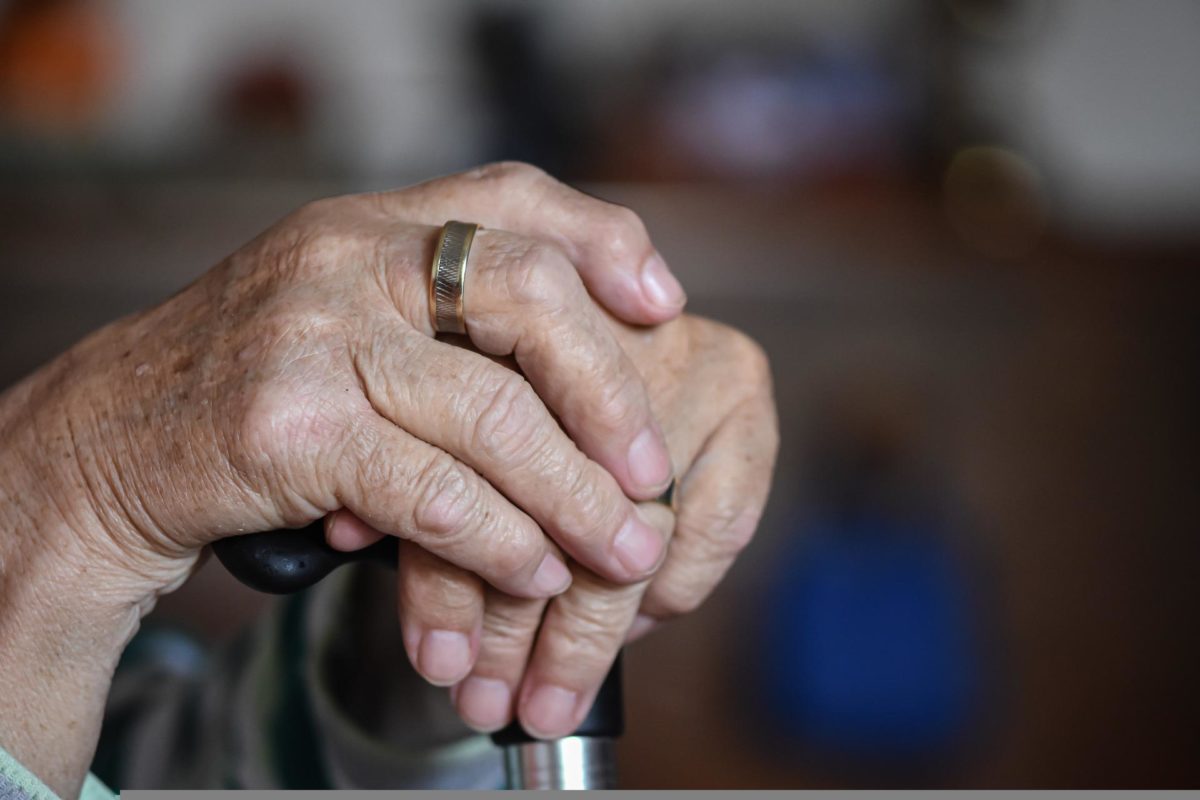
It is important to have an estate plan when you are elderly or ill to ensure your wishes are carried out exactly as you intended. Read on to learn more and reach out to our firm to speak with one of our skilled Pennsylvania estate planning attorneys today.
What steps should I take to establish my estate plan if I am ill or elderly?
Make Your Will
If you are someone with children under the age of 18, it is essential that a personal guardian is determined in your will. If both you and the other parent were inaccessible, the local court would follow your wants and choose this individual (unless there is a good reason not to) as a guardian, to raise the children. Our firm recognizes the difficulties involved in making these decisions.
Furthermore, your will expresses who receives what after you pass away. It is possible to make it specific, by stating: “everything to my children, to share equally,” for example, or leave specific things to specific beneficiaries. Keep in mind that you will not have to leave anything to family members if you don’t want to, however, if you are married, a disinherited spouse could have a say with some of your assets.
Create Durable Powers of Attorney and a Living Will
Even though it is not favorable, it is important that you take a minute to think about the possibility of becoming incapacitated and unable to handle day-to-day financial matters or make healthcare decisions. Not being prepared for this possibility, can result in a judge having to select someone to do these things for you. No one wants a court’s intervention in such private issues, but someone must have the legal authority to act on your behalf.
To evade a court proceeding, you will want to refer someone you trust the legal authority to act for you. You do this by creating documents called durable powers of attorney, one for financial matters and one for healthcare. The person you select is referred to as your agent or attorney-in-fact. If you would like to, you can even communicate that the documents will not have any effect unless and until you become incapacitated.
The documents you need may include the following:
- medical directive (living will)
- a durable power of attorney for health care
- a durable power of attorney for finances
If you have any questions or concerns about how to create an estate plan if you are elderly or ill, it is in your best interest to contact our skilled estate planning attorneys.
CONTACT OUR EXPERIENCED PENNSYLVANIA FIRM
Friedman Schuman is an experienced and dedicated legal resource for clients throughout Pennsylvania. We proudly serve clients facing a wide range of legal matters. If you require the services of an effective attorney, please contact Friedman Schuman today to schedule a consultation.



